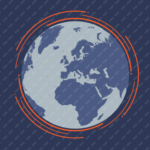


The radically expanded Global Gag Rule is a harmful policy that puts the United States even further out of step with our global counterparts.
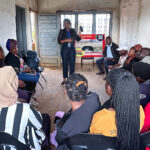
Ipas Mozambique has launched both a community resource center to foster local leadership on reproductive rights and a chatbot designed to reach rural youth with essential sexual and reproductive health information.
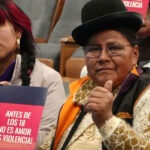
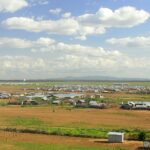

For nearly two decades, Ipas Zambia has worked closely with the Ministry of Health to reduce maternal deaths caused by unsafe abortion and to expand access to safe abortion services nationwide. However, despite the progress made, persistent and emerging challenges, including the growing impact of climate change, continue to affect sexual and reproductive health and rights (SRHR).
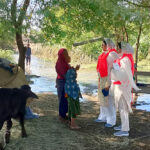
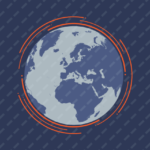
In a historic milestone for the continent, G20 leaders convened in South Africa in November 2025 for the first ever summit hosted in Africa. Against the backdrop of increasing economic, social and political crises, the world’s leading platform for economic collaboration focused on promoting solidarity, equality, and sustainability as key pillars of inclusive growth.
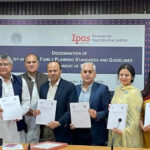
Access to family planning after an abortion is a vital part of comprehensive reproductive health care. Clinical studies have shown that fertility can rapidly return following an abortion. But access to such care has not been widely available to women in Pakistan.
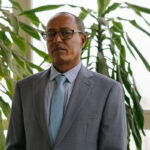
Ipas’s Dr. Demeke Desta shares what it was like before the law changed—and the progress he’s seen since.
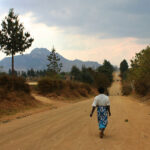
The High Court in Malawi has ruled that adolescent survivors of sexual violence have the right to access abortion services in both public and private health facilities. Previously, abortion was only legally permitted to save a pregnant person’s life.
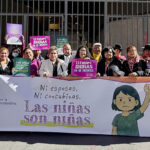
In Sept. 2025, the Bolivian government approved a ban on all marriages under the age of 18. This success builds on years of advocacy by Ipas and partners to end child marriage, which is disturbingly common in Bolivia.
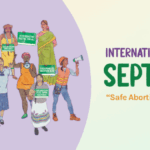
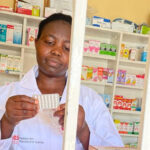
Conducted using data from 401 women receiving abortion with pills at 21 Ipas-supported pharmacies in Nakuru County, Kenya, this study examines what drives contraceptive use after self-managed abortion with pills and shows what missed opportunities persist.

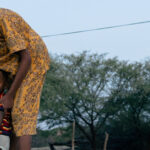
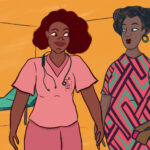
This Ipas study shares the real stories of 313 adolescents in Africa navigating abortion care amid fear, stigma, and limited support.
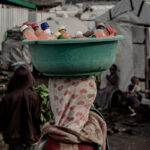
Despite logistical, political and humanitarian obstacles, Ipas DRC has continued showing up for women and girls. We have doubled our efforts to continue providing essential sexual and reproductive health services where they are most needed.

